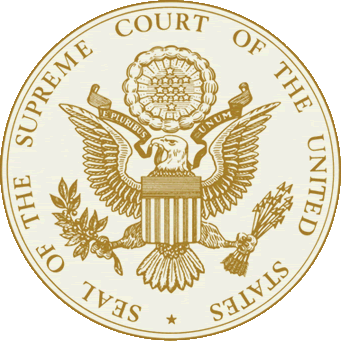In a 5-4 decision, the U.S. Supreme Court ruled in DHS v. Regents of the University of California that the U.S. Department of Homeland Security (DHS) did not properly follow Administrative Procedure Act (APA) procedures when it sought to end the Obama-era Deferred Action for Childhood Arrivals (DACA) program in 2017. DHS started the program in 2012 with a memo that itself did not go through the APA rulemaking process.
The court’s ruling argued that DHS failed to provide required analysis of all relevant factors associated with ending the DACA program. The majority opinion argued that rendered the decision arbitrary and capricious under the APA. The court thus remanded the issue back to DHS, which can reattempt to end the program by providing a more thorough explanation for its decision.
Chief Justice Roberts delivered the majority opinion of the court saying, “The dispute before the Court is not whether DHS may rescind DACA. All parties agree that it may. The dispute is instead primarily about the procedure the agency followed in doing so.” Justices Ruth Bader Ginsburg, Stephen Breyer, and Elena Kagan joined the full opinion. Justice Sonia Sotomayor joined most of the majority opinion, giving it the fifth vote it needed to become the official decision of the court.
Justice Sotomayor agreed with the court that DHS improperly followed the APA, but she wrote separately to argue that the court should have given those challenging the agency the opportunity to develop claims that the agency violated the equal protection guarantee of the 5th amendment to the U.S. Constitution.
In a dissenting opinion, Justice Thomas argued that an administration should be able to rescind policies not lawfully implemented: “To state it plainly, the Trump administration rescinded DACA the same way that the Obama administration created it: unilaterally, and through a mere memorandum.” He argued that the court’s decision was “an effort to avoid a politically controversial but legally correct decision.” Justices Samuel Alito and Neil Gorsuch joined Thomas’s opinion.
Justice Kavanaugh defended DHS’s reasons for ending DACA as adequate in a separate opinion. He added that the court’s decision applied precedent incorrectly when it held that a memo written by former DHS Secretary Kirstjen Nielsen came too late to provide the analysis the court said DHS needed to end the program.
Additional reading:
- Administrative Procedure Act
- Arbitrary-or-capricious test
- Motor Vehicle Manufacturers Association of the United States, Inc. v. State Farm Mutual Automobile Insurance Company
- Deferred Action for Childhood Arrivals (DACA)
Pelosi press release: https://www.speaker.gov/newsroom/61820-0
Trump tweet: https://twitter.com/realDonaldTrump/status/1273666793362673665



